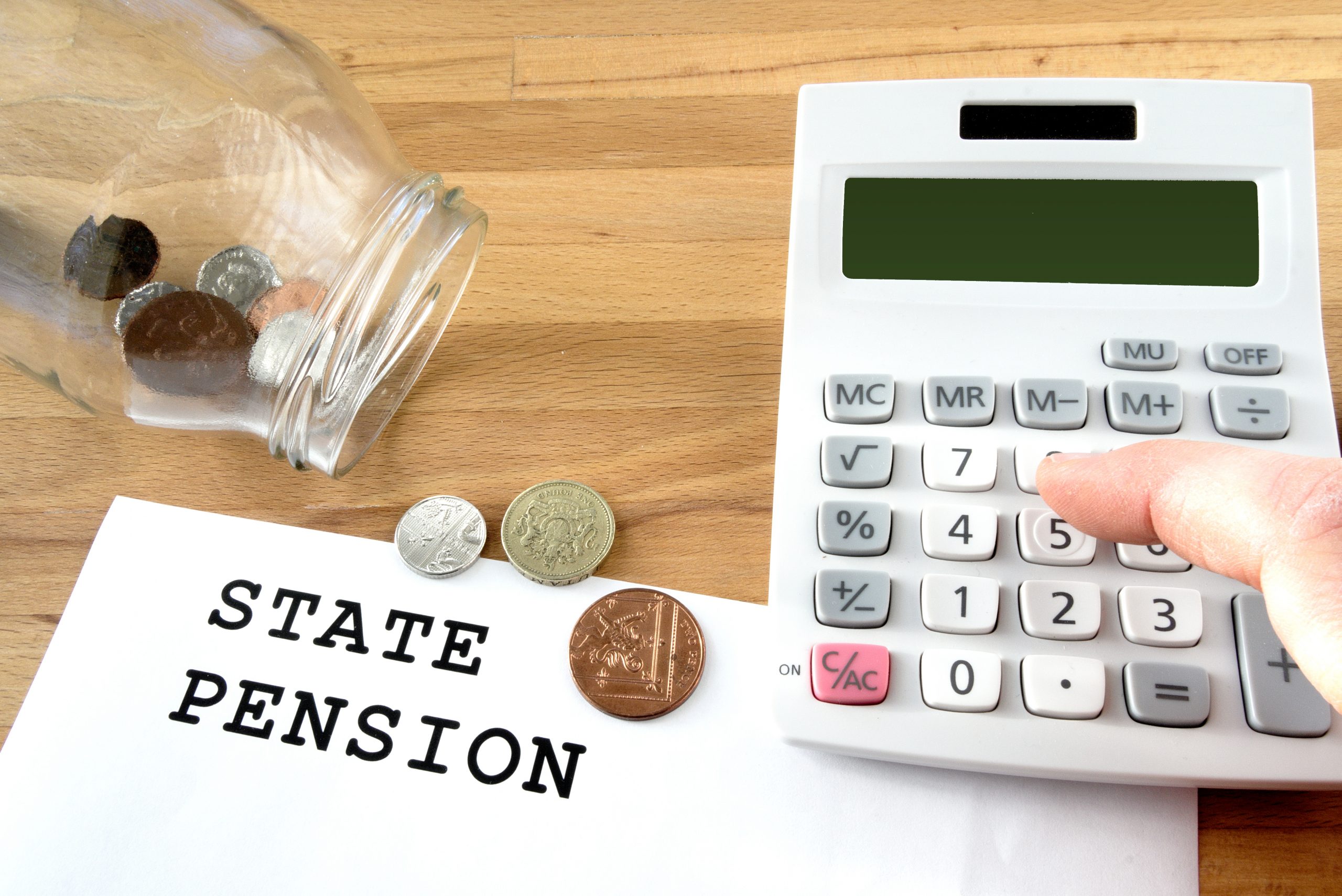News
2 million pensioners receive less than £100 a week in state pension

Not everyone gets the full amount of state pension of £179.60 a week, with millions of retirees receiving £100 or less.
Speculation is mounting over whether the pensions triple lock will be suspended as a predicted earnings spike could increase the state pension by more than 8%.
But more than 2 million pensioners don’t receive the full state pension. There are several possible reasons for this. For example, you might not have accumulated enough national insurance (NI) credits.
As it currently stands you need 35 years of NI credits to qualify for a full state pension. If you took time out of the workplace, lived abroad or you didn’t earn enough to qualify for a full NI year, then you might find your state pension entitlement affected.
Another potential reason is that you were ‘contracted out’. Under the old state pension system (pre-April 2016) you could contract out of the additional state pension part of the state pension. This meant you and your employer paid less in national insurance contributions, so the amount of state pension you receive will be lower but in turn your workplace or personal pension was topped up.
For those retiring since April 2016, the full UK flat rate state pension is currently £179.60 per week. The full basic state pension for those who finished work before April 2016 is currently £137.60 per week.
There are things you can do to boost your state pension entitlement if you do not have the necessary 35 years of national insurance contributions (NI) to get a full state pension.
First, go online and check your state pension entitlement on the gov.uk website. This will also tell you your state pension age.
If you have children, make sure you claim child benefit. Women in particular miss out on valuable state pension credits when they are at home looking after children. However, if they claim child benefit, they will receive NI credits that count towards their state pension.
Many women have missed out on this in the past because their husband claimed the child benefit rather than themselves. Others missed out when they opted out of child benefit after the introduction of the high-income child benefit tax charge. If you claim child benefit in your name, then you will get the NI credit towards your state pension.
There are other situations where you are receiving benefits and you can still claim NI credits. For instance, if you are off work sick on statutory sick pay or you are looking after a family member under the age of 12 while their parent or main carer goes back to work.
If you can spare the cash, you can plug gaps in your NI record by buying voluntary class 3 NI contributions. Buying a full extra year will cost £800, and you can typically backdate claims for six years.
If you are over state pension age and on a low income then you should check whether you are eligible for pension credit. Pension credit tops up your weekly income to £177.10 if you’re single and £270.30 in joint income if you have a partner. It can also entitle you to other benefits such as help with council tax and a free TV licence for those aged over 75.
Helen Morrissey, senior pension and retirement analyst at Hargreaves Lansdown, said: “We often talk about state pension in terms of the maximum amount of money you can receive but data shows there are still many who receive far less than this. The most recent figures from DWP show more than 2.1m pensioners are receiving less than £100 per week in state pension, with women overall likely to receive less than men.
“If you have other sources of income in retirement, this many not be an issue, but for many people the state pension is the backbone of their retirement planning and they could receive a nasty shock if they find they are entitled to less than they thought. Luckily there are ways people can boost the amount of state pension they’re likely to receive.”